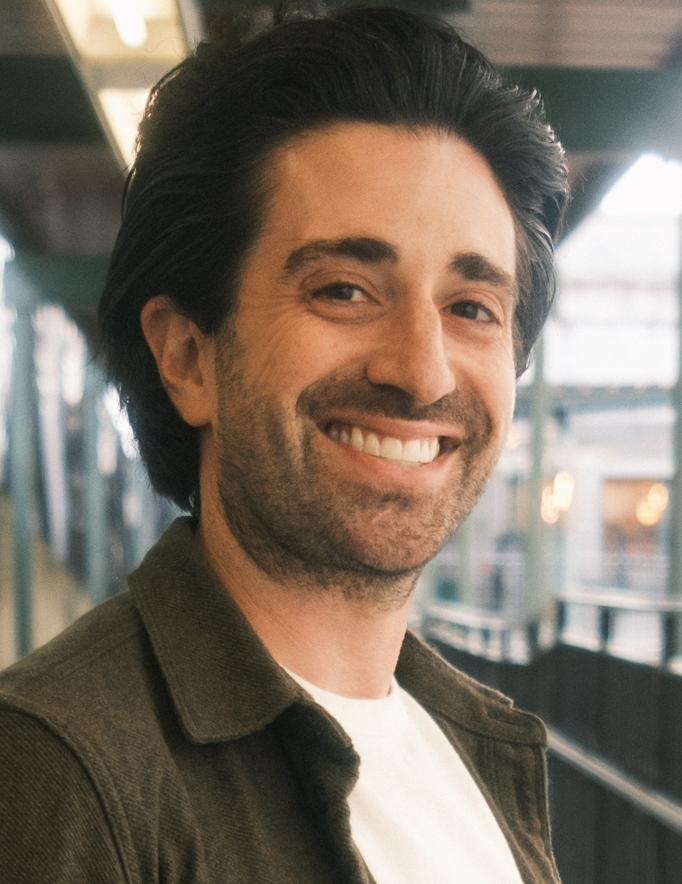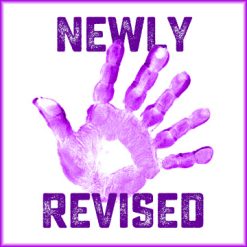|
VOICE OVER CONTRACTS Voice Over Newcomers: Think Like A Lawyer To Protect Yourself Before Signing Contracts  By Adam Weissman By Adam WeissmanMedia & Entertainment Attorney Pursuing a career as a voice over actor - or any type of performing artist - is already a difficult enough path that most people don't want to spend time worrying about liability, contracts, or voice and likeness rights. The moment you put yourself out there, however, those all become live issues that need to be considered before signing the contract for your first gig. In an ideal world, all of us would have the funds to have a lawyer on speed-dial to help with those issues. But the reality is that most people, especially when starting their career, aren't going to be in a position to afford a lawyer for those first steps into the industry. While no one is expecting you to have the knowledge and skill set of an experienced entertainment lawyer, equipping yourself with a toolkit of basic legal know-how can go a long way to protecting yourself and contributing to your longevity and success in the industry. THE LOAN-OUT COMPANY One of the more common initial steps many performing artists take to protect themselves is forming a 'loan-out company.' A loan-out company is a corporation or limited liability company ("LLC"), wholly owned by the artist to enter into contracts on their behalf, as opposed to entering into contracts directly. The company signs the contracts with the production companies and agencies you work with, and then 'loans out' your voice acting services to them. At the risk of oversimplification, using a loan-out company serves two over-arching purposes:
Many artist go years before creating a loan-out company, not realizing that all of their prior jobs in theory put them on the hook personally. Taking some time to do a little research and figuring out which structure makes sense for you can go a long way to protect you throughout the years. UNDERSTAND CONTRACT TERMS Contracts aren't rocket-science, and while some lean heavy into technical 'legalese,' there's no reason that you, as a performing artist, shouldn't have a general handle on the types of things to look out for in your agreements that can directly affect your livelihood. At the end of the day, contracts are just words on a page; many are going to be less complicated than some of the scripts you're handed. If someone gives you a contract to sign, never simply assume that it has your best interest in mind. More importantly, know that a contract needs to reflect the ENTIRE agreement you have with the person hiring you. If you were promised anything (like a specific rate, publicity, etc.), but it's not clearly stated in the contract, then you need to ensure it gets added in. Otherwise, you may not get what you were promised. Here are some things to look for, to include in the contract:
Of course, if you're in a position to work with a lawyer to dive into more technically-complicated items like reps and warranties, indemnifications, liability limitations, etc., that would be great. But, at minimum, identifying and understanding those fairly basic concepts above will save you a lot of headache and ensure you're paid fairly for your work and contributions. Which leads us to our last section... PROTECT YOUR NAME, IMAGE & LIKENESS As a performing artist, your name, image, and likeness are your stock and trade, and ensuring that you're in control of where, how, and when it's used is paramount. This is more pertinent today than ever, as the current digital media landscape and proliferation of AI platforms have led to new uses for your name, image, and likeness - as well as new ways to abuse them. Going back to the contract, ensure that it is abundantly clear where, how, and when your contributions will be used. Ambiguity surrounding what platforms or media your work will be spread on, how long your work will be used, or even what it will be used to promote, will rarely fall in your favor. If there's something in a contract that suggests, for example, that they can replicate your voice using software, and you aren't being paid appropriately for it (or simply don't want to agree to it), call that out! Fortunately, even before you may be able to hire your first lawyer, there are resources online that you can leverage to ensure your name, image, and likeness are not being taken advantage of. For example, the National Association of Voice Actors (NAVA) created a rider you can either append to your contract or at least use as a guide to help fix language that discusses replicating you with AI. Click here for the NAVA contract rider. Beyond that, when things get too complicated, an interim step that you can take is to reach out to your local artist rights' focused associations (like the VLA in NY) And of course, if your job is a union gig, don't forget to rely heavily on the resources the union can offer you. In short, you don't need to be a lawyer to protect yourself, but thinking like one (at least until you bring one on your team), can go a long way to ensuring you get what you deserve - both from a financial perspective and for your overall career. -------------------- ABOUT ADAM Adam Weissman is the founder of Weissman Law, a NY-based law firm that represents artists, producers, agencies and brands in the media and entertainment industries. His approach balances thorough knowledge of the law with a clear understanding of his clients' needs and their industries. Drawing insight from his past work as an associate in a litigation firm, fighting for his clients and resolving complex disputes, and ongoing creative pursuits, Adam focuses on figuring out practical solutions while never losing sight of the big picture. Outside of law, Adam is an avid cook and BBQ enthusiast, musician, and part-time award-winning documentary filmmaker. |
Tell Us What YOU Think!
Please Note: Since we check for spam, there will be a slight delay in the actual posting of your comment.
Comments
No comments have been posted yet. Hurry, and you could be the first!



.png)






click for new article alerts